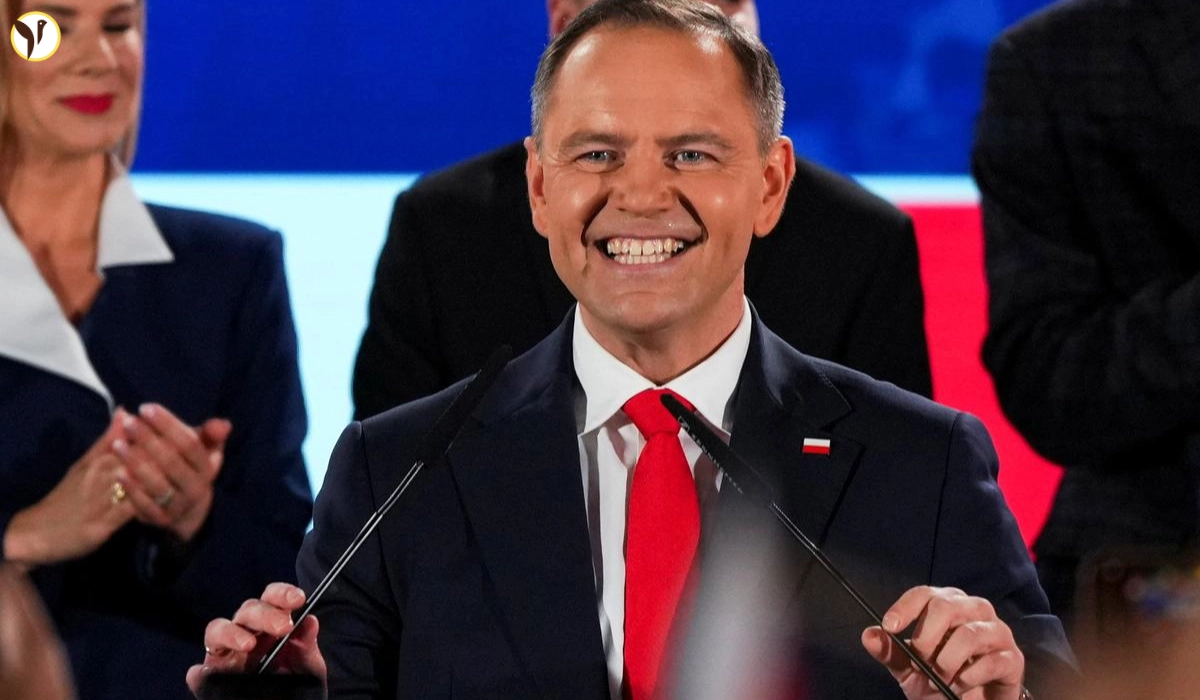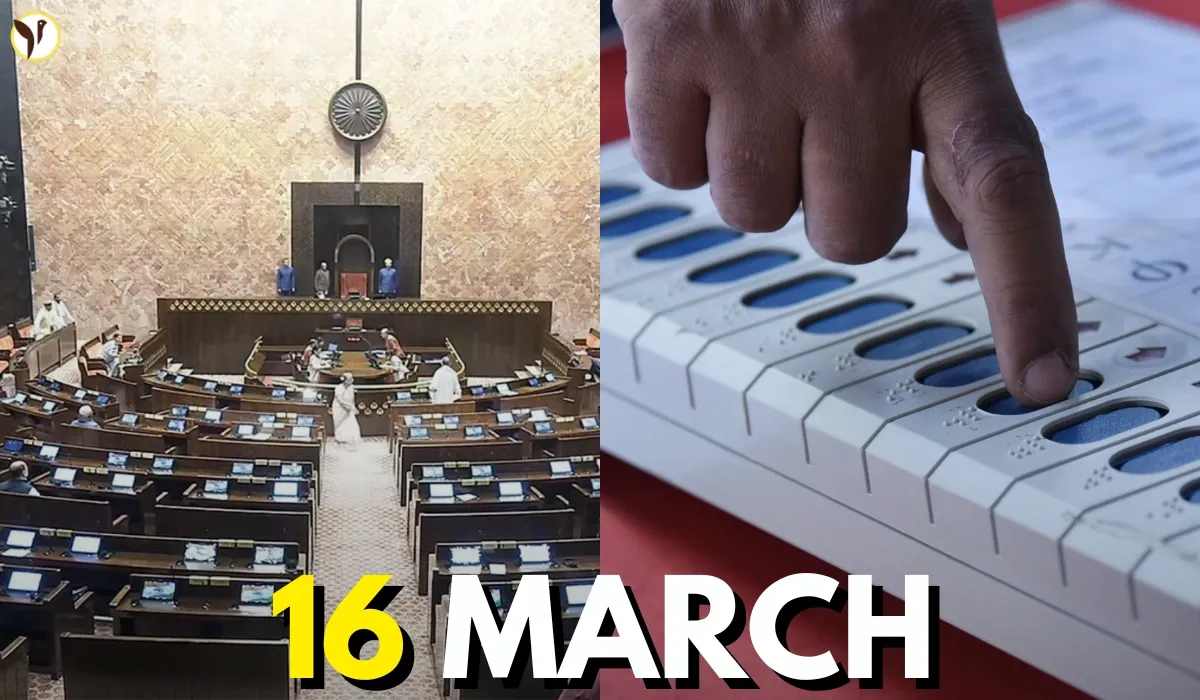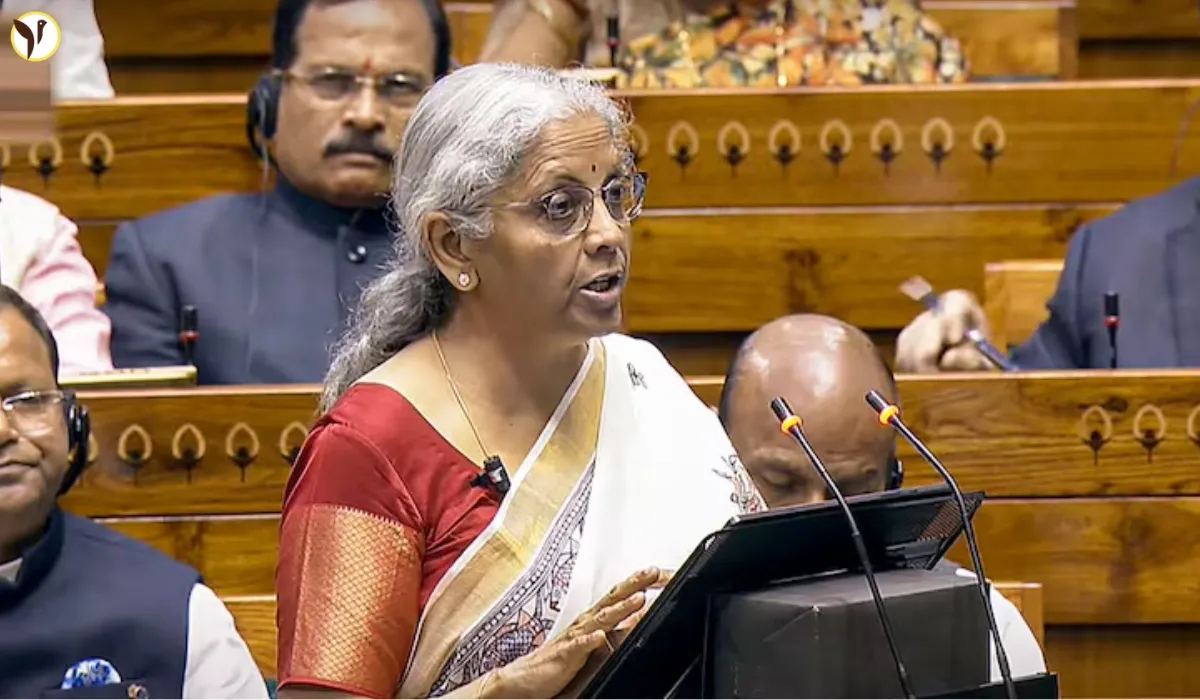The 2025 Polish presidential election turned out to be way closer than most people expected. Karol Nawrocki, who isn’t even a career politician, ended up winning the whole thing—but just barely. He got about 50.89% of the votes, while his opponent, Rafał Trzaskowski, pulled in 49.11%. That’s less than a two percent difference. To be honest, the entire country felt like it was holding its breath waiting for the final numbers. It was one of those elections where no one could really call it until the very end. Some people thought Trzaskowski might actually take it, especially since he's been the Mayor of Warsaw and already has a big following. But Nawrocki’s message hit home for a lot of people.
What’s wild is how deeply divided the country seems right now. On one side, you have folks cheering, feeling like Nawrocki’s win is going to bring back a focus on tradition, national pride, and a stronger Polish identity. But then on the other side, there are a lot of people who feel disappointed—even nervous—about what his leadership might mean for the future of democracy in Poland. This wasn’t just about picking a new president; it felt like a vote on what kind of Poland people want moving forward. It’s that serious.
Even outside of Poland, the world was watching. The EU, in particular, had a lot riding on this election. People in Brussels and other European capitals know that Poland plays a big role in how the EU works, especially on tough topics like immigration, judicial reforms, and support for Ukraine. So with Nawrocki now in power, it’s probably going to change a few things—not just at home, but in Europe too.
Nawrocki Isn’t Your Average Politician — And That’s Why He Won
Karol Nawrocki wins Poland's 2025 presidential election with 50.89% of the vote, defeating Rafał Trzaskowski in a tight race. A victory for PiS and a blow to Tusk’s pro-EU agenda. 🇵🇱 #polandelection2025 pic.twitter.com/S8xrgtlEQu
— Decentra 🌎 (@DecentraPartyC) June 2, 2025
Karol Nawrocki’s win kind of came out of nowhere, and that’s what makes it interesting. He isn’t someone who spent years in political debates or in Parliament. Instead, he’s known mostly for his work as a historian. He used to run Poland’s Institute of National Remembrance, which focuses a lot on preserving the country’s history and reminding people of past struggles, especially under communism. So yeah, he’s a proud nationalist and very focused on Polish identity. For a lot of voters—especially outside of big cities—that message really clicked.
In his campaign, Nawrocki leaned into those themes hard. He talked a lot about protecting traditional values, making Poland stronger from within, and standing up to foreign influence—whether that’s coming from the EU or somewhere else. He also had some pretty powerful supporters. Former U.S. President Donald Trump openly backed him, and that kind of gave him a boost in the international media. His team framed him as a leader who wouldn’t back down, someone who’d put Poland first no matter what.
And even though he doesn’t have much political experience, that actually worked in his favor. A lot of people are tired of politicians who say one thing and do another. Nawrocki’s outsider status made him feel more “real” to his supporters. They saw him as someone who isn’t part of the political elite and who might actually shake things up. Whether he really does that remains to be seen. But his win tells us something important: a big part of the country is ready for change—and not the kind of change the government in Warsaw has been pushing.
At the same time, critics are raising questions. They wonder if someone without a strong political background can handle the pressures of being president—especially at a time when Poland is facing economic pressures, rising costs, and security issues in the region. But for now, Nawrocki has the support he needs, and he’s officially in charge.
What This Election Means for Poland, the EU, and the World
Now that Nawrocki has won, there’s a big question hanging in the air: what happens next? Poland is one of the biggest and most influential countries in the European Union, and the direction it takes under Nawrocki’s leadership could really shake things up. His views are a lot more conservative and nationalist compared to the current government’s, especially the Prime Minister, Donald Tusk, who leans toward the center and supports stronger EU ties.
One big issue that could come up soon is Poland’s relationship with Brussels. Under the last few governments, there were already tensions with the EU over things like judicial reforms and media freedom. Nawrocki might make those tensions worse, especially if he pushes policies that the EU sees as going against its values. There’s also talk that he might take a harder stance on immigration, which has been a heated topic across Europe.
Then there’s the Ukraine war. Poland has been a major supporter of Ukraine since Russia’s invasion in 2022. Most people think that support will continue, but some are wondering if Nawrocki will try to shift the focus more toward Poland’s internal issues instead of international ones. It’s too early to say for sure, but changes could be coming.
Back home, there’s also a chance for real conflict between Nawrocki and the current government. Since the president and the prime minister come from different political backgrounds, they might not agree on key policies. That could lead to political gridlock—or even bigger fights in Parliament. Either way, the next few months are going to be interesting.
No matter where you stand politically, it’s clear this election is going to be remembered. It wasn’t just about who won—it was about what kind of country people want Poland to b









